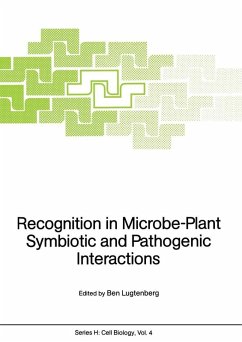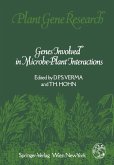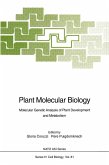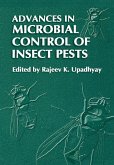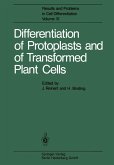This volume comprises the lectures of the speakers at the NATO Advanced Research Workshop held at the Congress Centre The Flevohof at Biddinghuizen, The Netherlands, May 11-16, 1986. The purpose of the workshop was to bring together experts in symbiosis, plant pathology and plant molecular biology in order to discuss recent progress in the field of microbe -plant re cognition at the molecular level, to promote integration of various disciplines, and to define recommendations for future research and applications. Plants have developed a variety of sophisticated defence mechanisms to cope with an environment in which many different microbes live. Most microbes which colonize plant tissues are harmless. Some microbes have developed ways to attack plants successfully, resulting in enormous losses of crop yields. Other microbes have reached an agreement with the host plant which is beneficial for both: these microbes live in symbiosis with the plant and provide their host plant for example with substantial amounts of atmospheric nitrogen. Chemical protection of crops is a necessity in modern crop management but this treatment has some negative effects as well. Therefore scientists are looking for alternative, biological, ways to control crop pests. Against this background specialists from eleven countries discussed the results of their most recent work on the molecular background of microbe -plant interactions. It appeared that, in order to capitalize the recent rapid progress made in the mole cular genetical studies on Rhizobium-legume and pathogen-host plant interactions, a multidisciplinary approach is required.
Dieser Download kann aus rechtlichen Gründen nur mit Rechnungsadresse in A, B, BG, CY, CZ, D, DK, EW, E, FIN, F, GR, HR, H, IRL, I, LT, L, LR, M, NL, PL, P, R, S, SLO, SK ausgeliefert werden.

